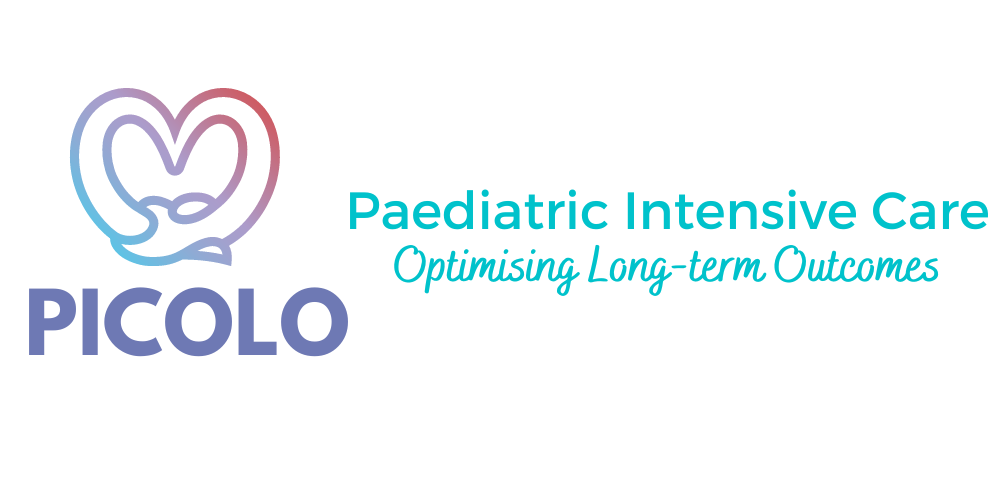NECTAR Study
Nitric Oxide on ExtraCorporeal Membrane Oxygenation – a randomised TriAl in neonates and childRen (NECTAR trial)
The NECTAR trial is an open label, randomised, controlled, parallel-group pilot trial to be conducted in a single centre institution.
Fifty patients who require ECMO support will be randomly assigned to NO mixed into the sweep gas of the ECMO system at 20ppm for the duration of ECLS or standard care (no NO) in a 1:1 ratio with stratification by support type (Veno-venous vs veno-arterial ECLS).
Outcome measures will focus on:
feasibility (protocol fidelity, recruitment rate and refusal to participate rate),
safety (sweep gas delivery failure, CO2 control and methaemoglobin levels) and
efficacy (host inflammation, coagulation activation, clotting and bleeding complications and blood product use).
Clinical outcomes include survival free of ECMO and PICU, respectively, hospital length of stay, and long term outcomes include neurodevelopment and quality of life. Oxygenators will be scanned by computer tomography for clot assessment. Analyses will be conducted on an intention to treat basis.
Extracorporeal Membrane Oxygenation (ECMO) provides support for the pulmonary or cardiovascular function of children where the predicted mortality risk is very high. Activation of the host inflammatory response as well as the coagulation cascade due to the extracorporeal circuit contributes to morbidity and mortality in these patients. Mixing of nitric oxide (NO) into the sweep gas of ECMO circuits may reduce ECMO-induced inflammation and clotting activation.
We hypothesized that mixing NO into the sweep gas during ECMO support is safe and decreases both inflammatory as well as coagulation cascade activation pathways, leading to improved outcomes. Here we describe the NECTAR trial protocol. The NECTAR trial is a pilot randomised controlled trial investigating the administration of NO into the oxygenator during ECMO in neonates and children.
Investigators:
Adrian C Mattke, Associate Professor, FCICM, Paediatric Critical Care Research Group, Child Health Research Centre, The University of Queensland; Paediatric Intensive Care Unit, Queensland Children’s Hospital, Children’s Health Queensland, Brisbane, Australia.
Luregn J Schlapbach, Associate Professor, FCICM PhD, Child Health Research Centre, The University of Queensland; Paediatric Intensive Care Unit, Queensland Children’s Hospital, Children`s Health Queensland, Brisbane, Australia; Department of Intensive Care Medicine and Neonatology, and Children’s Research Center, University Children's Hospital Zurich, University of Zurich, Switzerland.
Kerry Johnson, CN, Paediatric Critical Care Research Group, Child Health Research Centre, The University of Queensland; Paediatric Intensive Care Unit, Queensland Children’s Hospital, Children’s Health Queensland, Brisbane, Australia.
Kristen Gibbons, Associate Professor, PhD, Paediatric Critical Care Research Group, Child Health Research Centre, The University of Queensland.
Debbie Long, Associate Professor, PhD, Paediatric Critical Care Research Group, Child Health Research Centre, The University of Queensland. School of Nursing, Centre for Healthcare Transformation, Queensland University of Technology, Brisbane, Australia.
Jeremy Robertson, FRACP, Paediatric Haematology & Haemophilia Service, Queensland Children’s Hospital, Brisbane, Queensland, Australia.
Antje Blumenthal, Dr rer. nat., Associate Professor, The University of Queensland Diamantina Institute, The University of Queensland, Translational Research Institute, Brisbane, Australia.
Prem S Venugopal, Associate Professor, FRACS, Cardiac Surgery, Queensland Children’s Hospital, School of Medicine, University of Queensland, Brisbane, Queensland, Australia.
Andreas Schibler, FCICM, Wesley Medical Research Institute, Queensland, Brisbane, Australia.


